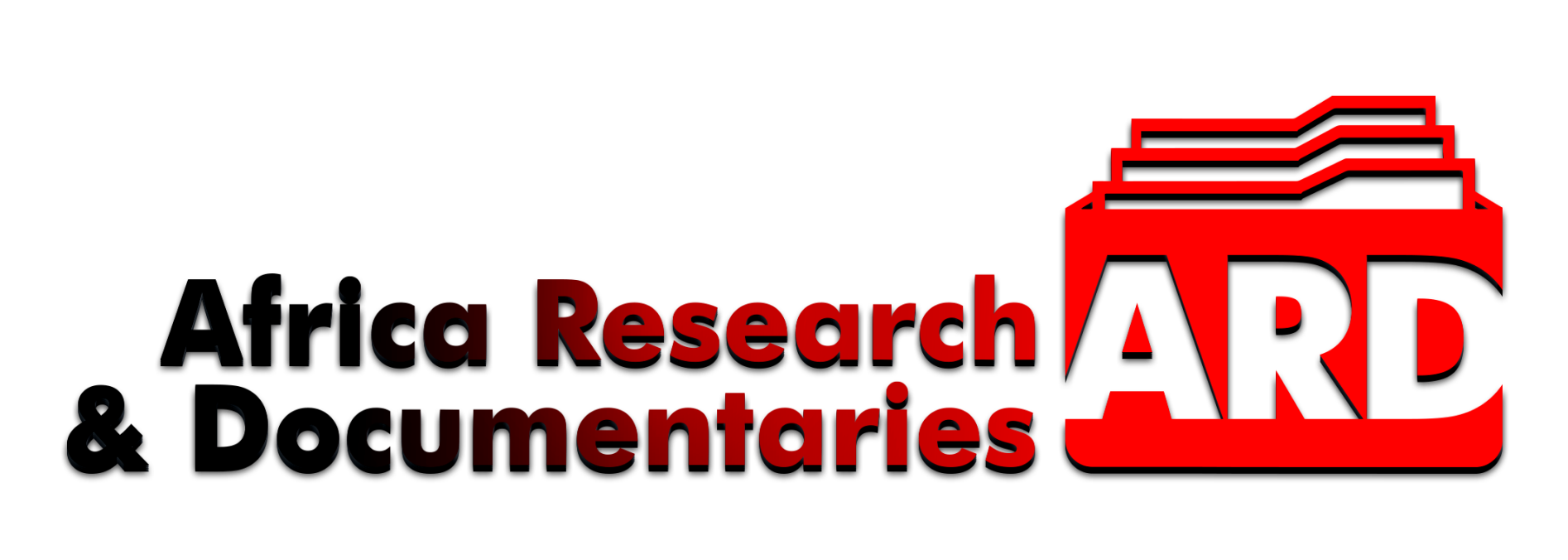Nigeria’s Minimum Wage Crisis and the Threat of a Nationwide Strike

Nigeria Labour Congress on Minimum Wage Threat – ARDnig
The Nigeria Labour Congress (NLC) has threatened a 30-day strike in response to the National Assembly’s plans to decentralize the national minimum wage. This move could allow state governors to set their wages, potentially leading to unequal pay and increased hardship for workers. NLC President Joe Ajaero has emphasized the need for a unified national minimum wage to ensure fairness and prevent poverty
NLC’s Stance on Minimum Wage Decentralization
The Nigeria Labour Congress (NLC) has issued a stern warning to the National Assembly regarding plans to decentralize the national minimum wage. NLC President Joe Ajaero announced the union’s position at the 67th Nigeria Employers’ Consultative Association Annual General Meeting, expressing concerns over potential wage disparities. He emphasized the need for a unified national minimum wage to ensure fair compensation for all workers.
Potential Impact on Workers
If the National Assembly succeeds in moving the minimum wage to the concurrent legislative list, state governors could set their wages. This change could lead to significant wage disparities across different states, undermining the concept of equal pay for equal work. Workers fear that this move will exacerbate existing economic inequalities and force many into deeper poverty.
Any situation where governors and National Assembly members impose poverty on the people is unacceptable.
Labour’s Call to Action
In response to the proposed changes, the NLC has threatened to shut down the country with a 30-day strike. Ajaero highlighted that the decentralization of wages is against the principles of equity and justice. He stressed that organized labour will not accept any legislation that imposes a slave wage on workers and forces poverty upon the citizens.
NLC President, Joe Ajaero – ARDnig
International Labour Standards
Ajaero also pointed out that the International Labour Organization (ILO) recognizes wage as a national issue, not one to be handled at the sub-national level. He argued that allowing states to set their wages contradicts international standards and could weaken the labour movement’s ability to negotiate fair wages and working conditions.
The Path Forward
To prevent a national crisis, the NLC is calling for a united front among workers and citizens to resist any attempts to decentralize the minimum wage. The union believes that only through collective action can they ensure fair and just wages for all Nigerian workers. They urge the government to consider the broader implications of wage decentralization and work towards maintaining a standard national minimum wage.
Conclusion
Nigeria is at a critical juncture as the debate over the decentralization of the minimum wage intensifies. The Nigeria Labour Congress’s threat of a 30-day strike underscores the urgency and importance of maintaining a unified national minimum wage. As the nation grapples with economic challenges, ensuring fair wages for all workers is essential to prevent further hardship and inequality. It is crucial for the government, labour unions, and citizens to work together to find a solution that upholds the principles of equity and justice.











